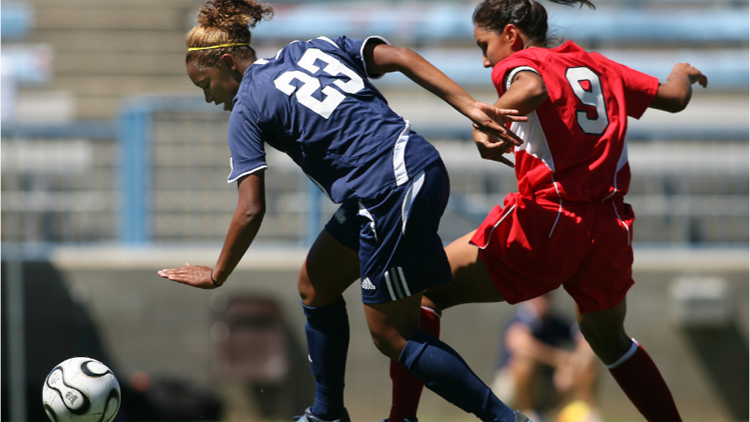In their more dispassionate and rational moments, people remind themselves that they should not get too worked up by what happens in a sporting event. After all, they note, "it's just a game." However, as any serious observer of American and world history can tell us, many significant sporting events of the past century have been far more than "just" games. These events and the people involved in them have figured prominently in many of the most important political issues of the past century. This course looks at these events and traces the significant developments in American and global politics of the 20th century — from Hitler in the 1930s to Mandela in the 1990s — through the lens of sports and the athletes who play them.

FACULTY
UNITS
PREREQUISITES
QUARTERS
DESCRIPTION
Ethan Scheiner
4
None
Varies by year, but will be taught once nearly every year.
The course examines three periods of the 20th century — the lead-up to World War II, the aftermath of that war, and the early post-Cold War era — to explore sports controversies that have both reflected and redefined national and global controversies, especially over race and nationalism. Among other events, we look at:
- African-American track star Jesse Owens and heavyweight boxer Joe Louis as central figures in the U.S. battle against Hitler and Nazi Germany in the lead-up to World War II
- Jackie Robinson breaking baseball's color barrier, Muhammad Ali's religious and political stands, and Billie Jean King's "Battle of the Sexes" tennis match as significant parts of the American civil rights and women's movements
- The Munich Massacre in which 11 Israeli athletes were killed at the 1972 Olympic Games
- The 1980 "Miracle on Ice” American hockey victory, the 1956 "Blood in the Water" Olympic water polo match between the Soviets and Hungary, the 1972 Soviet defeat of the U.S. in Olympic basketball, and the 1980 and 1984 Olympic boycotts as proxy battles within the Cold War
- Nelson Mandela's use of rugby to help consolidate South Africa's new political order in the post-apartheid era